
EELV

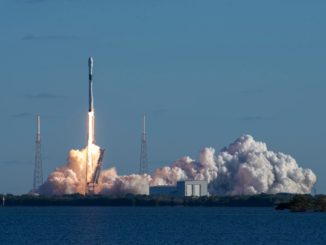
SpaceX closes out year with successful GPS satellite launch
A new era in GPS navigation launched Sunday, when a SpaceX Falcon 9 rocket climbed into orbit with a Lockheed Martin-built satellite designed to beam higher-power positioning, navigation and timing signals around the world, providing military and civilian users with more accurate data that is more resistant to growing jamming threats.
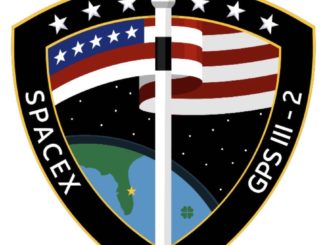
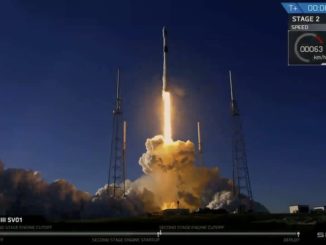
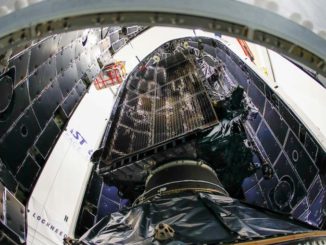
Air Force requirements will keep SpaceX from landing Falcon 9 booster after GPS launch
The demands of launching the first in an upgraded line of U.S. Air Force GPS navigation satellites, including a late load of extra fuel for the spacecraft and a military policy of reserving fuel to eliminate space junk, will keep SpaceX from recovering the first stage of its Falcon 9 rocket following liftoff Thursday from Cape Canaveral, according to mission managers.
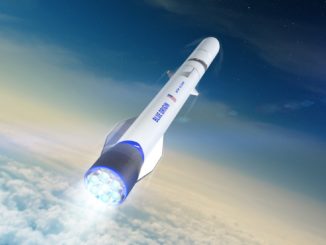
ULA, Blue Origin, Northrop Grumman share Air Force rocket funding
The U.S. Air Force has committed $109 million in funding to advance development of new rockets designed by United Launch Alliance, Blue Origin and Northrop Grumman, leaving out SpaceX in a government investment round that will lead to the military’s selection of two long-term launch providers in late 2019 or 2020.

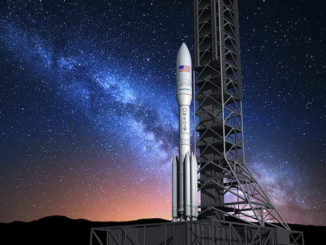
Orbital ATK names new launcher, selects upper stage engine
Orbital ATK’s proposed rocket to answer the U.S. Air Force’s desire for two families of satellite launchers with U.S.-made propulsion systems will be named OmegA, and the company has selected the cryogenic Aerojet Rocketdyne RL10 engine to power the vehicle’s upper stage, officials announced this week.


Orbital ATK confident new rocket will win Air Force support
Orbital ATK’s bid to join the U.S. military’s roster of rockets to haul the most critical national security satellites into orbit faces stiff competition from entrenched launch providers and billionaire entrepreneurs, but the company is confident its Next Generation Launch system will win one of three funding agreements the Air Force is expected to award this summer.
